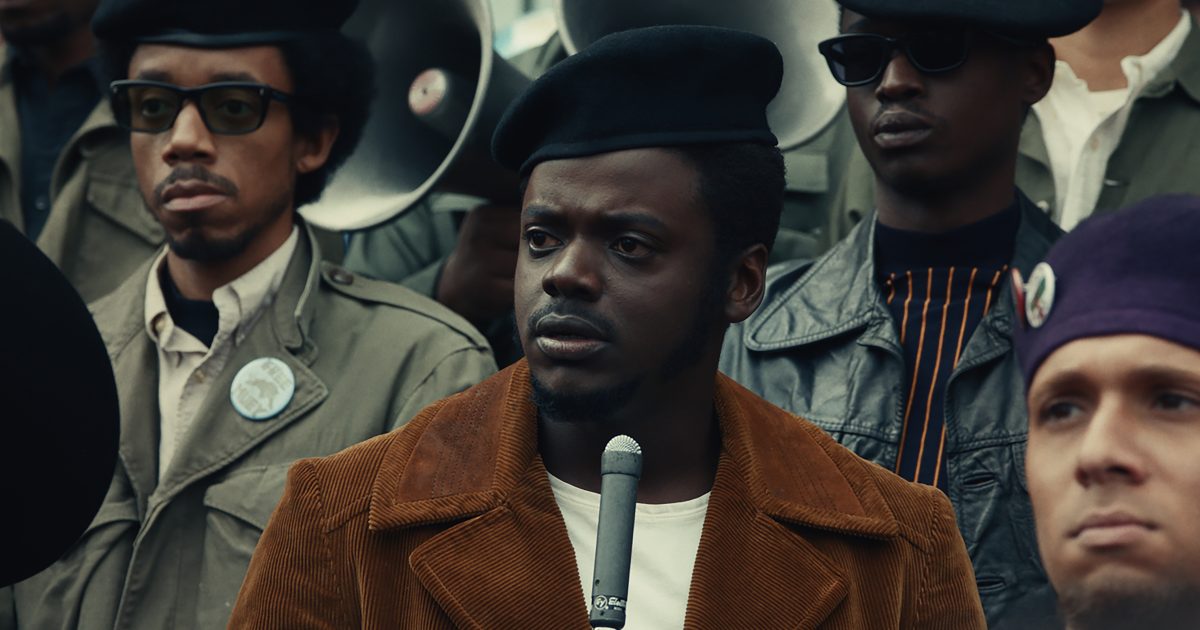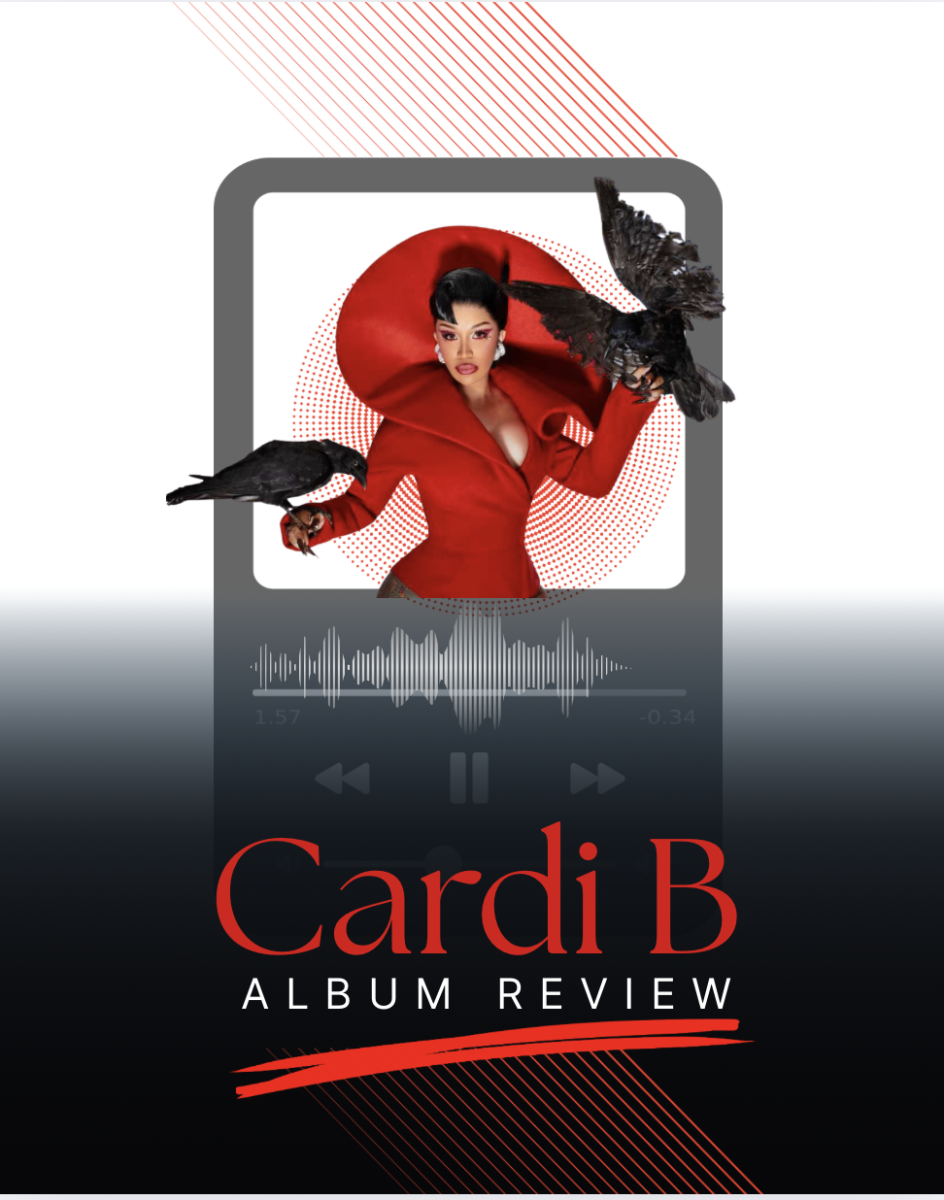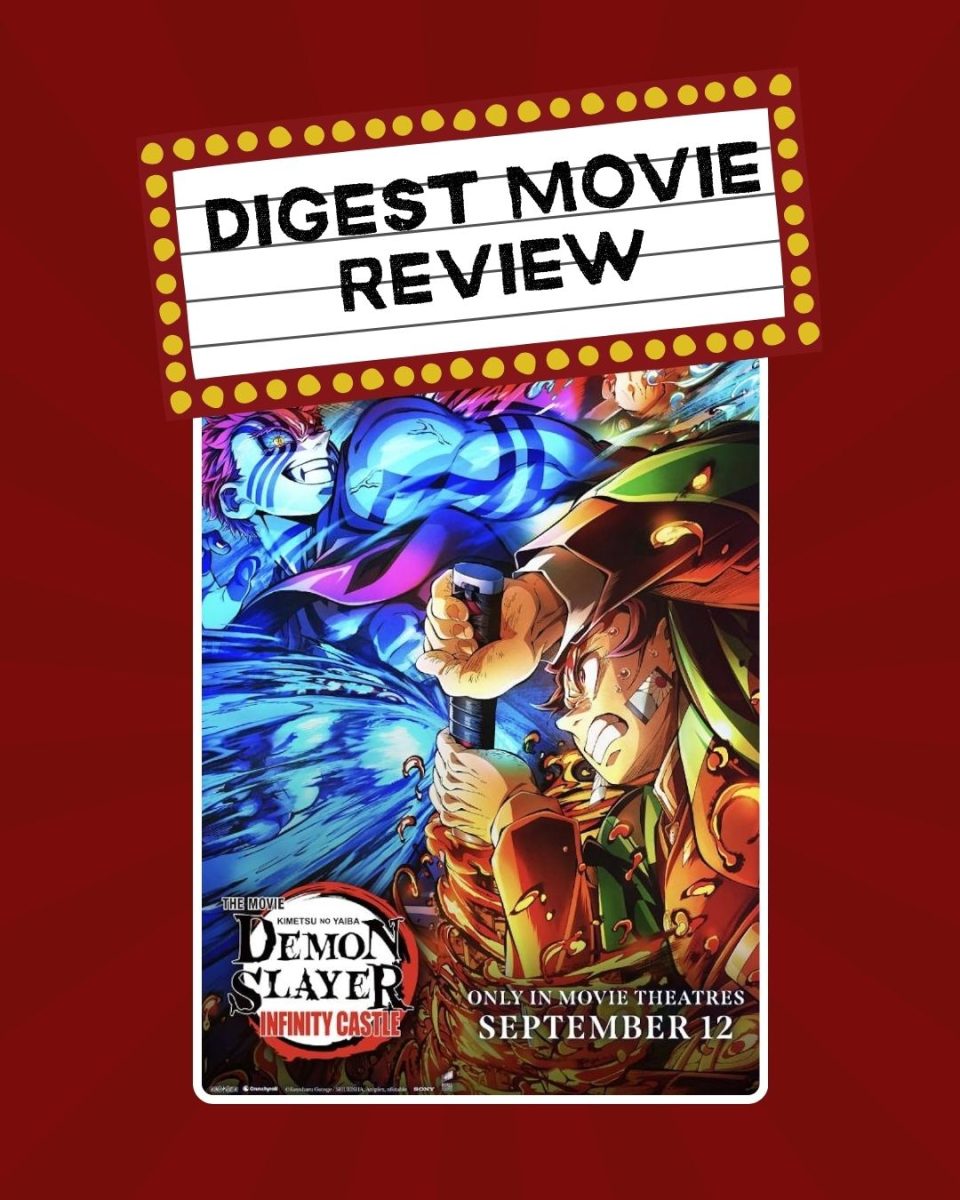When it comes to movies depicting Black history or culture, many are littered with stereotypes or complete misinterpretation of significant events. However, among those inaccurate movies are hidden gems that truly highlight the Black experience with proper execution. To those reading this, let it be known that Judas and the Black Messiah is one of those hidden gems. Released on Friday, February 12, this film was directed by film director Shaka King, known for his other films such as Newlyweeds and Lazercism.
The setting takes us to Chicago during the late 1960s, where the Black Panther party had a crucial impact in the fight against racism and police brutality. This American biographical drama follows Fred Hampton, the chairman of the Chicago Black Panther Party chapter, and his complex downfall at the hands of his most trusted companion, William O’Neal. Within the first ten minutes of the movie, the audience is sucked into this intense era of power struggles and liberation movements. A fusion of moments of powerfully moving monologues, high impact storytelling, as well as sentimental insights into these historical figures’ lives, this creates a film that tells a true story and reveals a side of history that you do not find in textbooks. With its amazing storytelling and cast members, this movie does not disappoint.
Aiding in the storytelling, Judas and the Black Messiah features a slew of new and seasoned actors and actresses that fit their roles perfectly. For instance, playing Fred Hampton is Daniel Kaluuya, best known for his roles as W’Kabi in Black Panther and Chris Washington in Get Out. LaKeith Stanfield who plays William O’Neal, the FBI informant, alongside Dominique Fishback as Deborah Johnson, Hampton’s girlfriend. While watching these actors on the screen, it’s apparent how they embraced and embodied the roles that they were given in order to properly serve this story.
Besides the scenes of the movie, there is also the soundtrack which helps move the story. Often, in documentary drama films, the soundtrack is overbearing, as though it is trying to make a point of what is going on in the scene. In this case, however, the soundtrack takes a backseat to everything and lets the acting and storytelling do the work.
Even though there are great aspects to the film, there is much debate as to whether it does justice to the real people and events. From my perspective, it does just that, giving a proper depiction of the story it covers.
At the end of the movie, as the viewer, I found myself at the end of a deeply emotional wave. There were moments I felt inspired, moments I was crying my eyes out, and moments where I wanted to fight. While retelling events, it does not try to force an opinion on you but lets you produce your own. Even though these events occurred over fifty years ago, you likely could find yourself questioning what you would do if in the same situation, and whether the sacrifice would be worth it. To have your own personal experience, you can see this film in theaters and on the HBO Max platform.
Categories:
Why You Should Watch Judas and the Black Messiah
February 23, 2021
This image released by Warner Bros. Pictures shows Daniel Kaluuya in a scene from “Judas and the Black Messiah.” (Warner Bros. Pictures via AP)
0
More to Discover

















